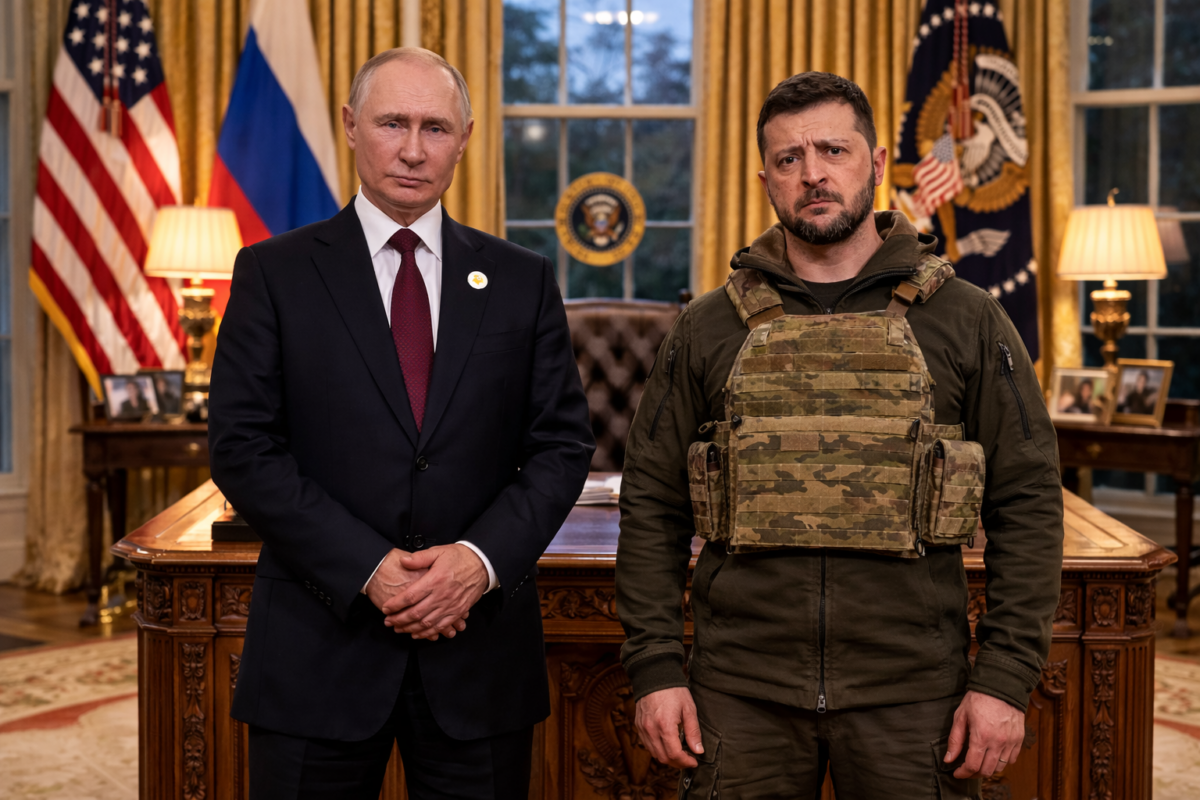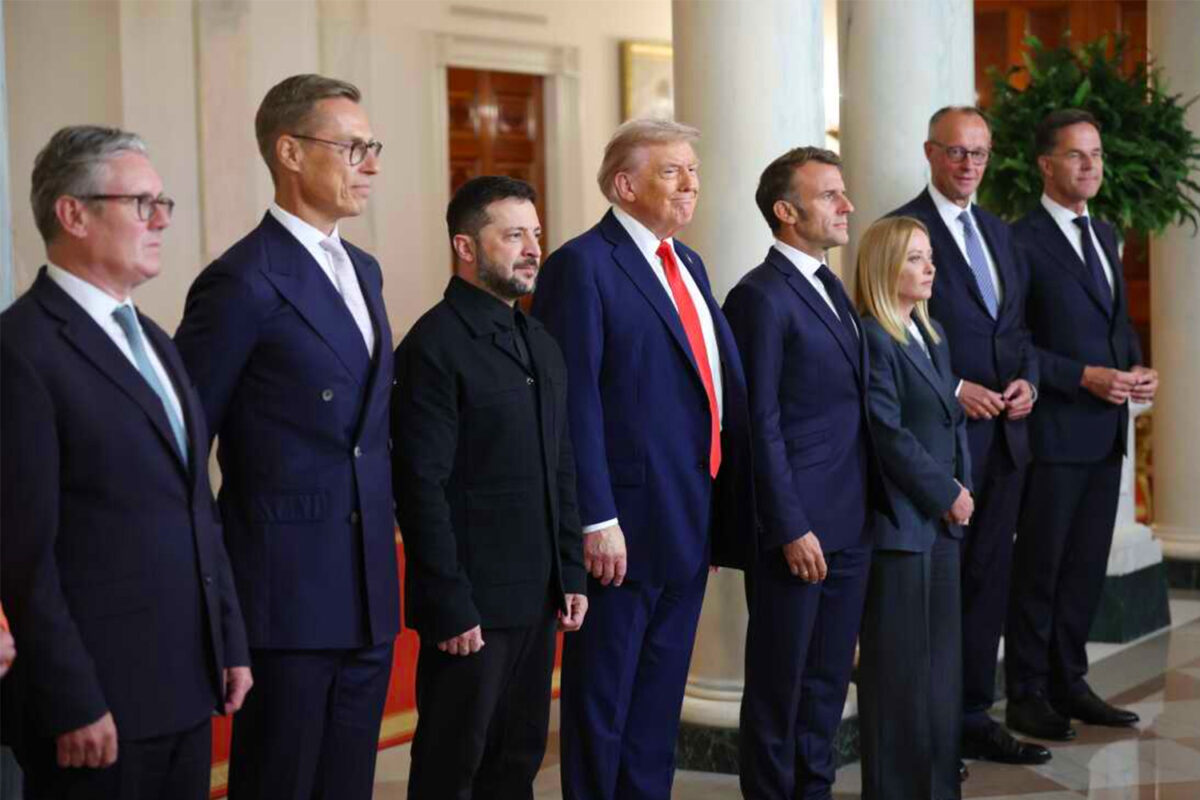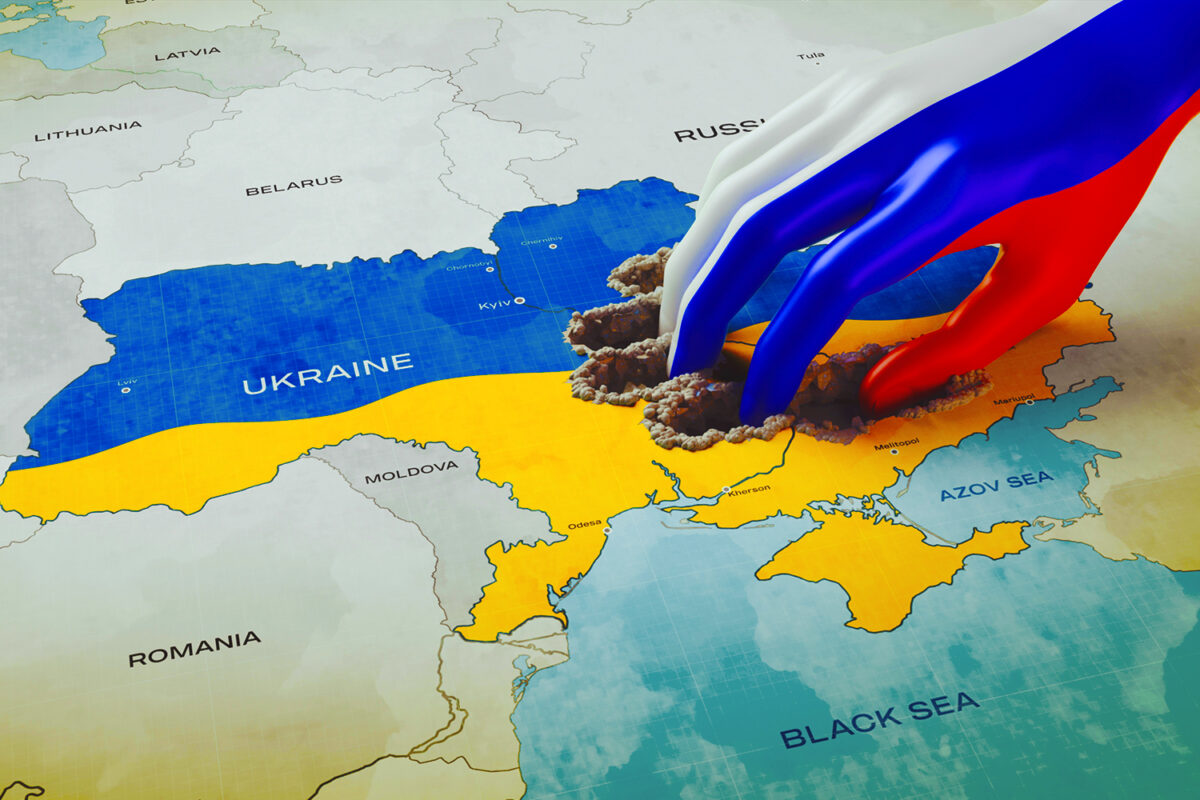Is his annual speech to the Russian parliament, coinciding with the anniversary of Russia’s invasion of Ukraine, Putin admitted some sectors of the Russian economy are suffering due to sanctions and political pressure, which he referred to as the “…economic, financial and technological aggression of the West.”[1]Russia is now officially the most sanctioned country in history. The US president Joe Biden announced soon after Russia’s invasion of Ukraine that Russia would face “devastating”, “daunting” and “catastrophic” sanctions for invading Ukraine. He promised time and time again that the US and its allies would impose sanctions on Russia.
When Russian forces crossed the border into Ukraine, sweeping sanctions began straight away. Financial sanctions cut Russia off from much of the international financial system, including freezing close to half of the $640 billion held externally in hard currency reserves. Technologies like semiconductors, vital both for military equipment and commercial products like cell phones and cars, were embargoed. More than 1,000 multinational companies ended or reduced business in or with Russia. Over 600 Russian oligarchs and siloviki elites, including Putin and his family, have been individually sanctioned. Sports and cultural bans also took place with the FIFA World Cup (both men’s and women’s), International Ice Hockey Federation, Formula 1, and Eurovision Song Contest. The US has tried to foster a sense of isolation for the average Russian.
Sanctions were slower on Russian oil and gas. The EU banned the imports of Russian oil brought in by sea. It also stopped importing Russian coal. Whilst the US banned all Russian oil and gas imports. Germany dropped plans to open Nord Stream 2. From December 2022 the EU and G7 also imposed a cap on the price countries pay for Russian oil. They implemented this by forcing importers of Russian crude oil that Western insurers will not cover oil shipments if they pay more than the cap. Russia responded immediately by cutting natural gas supplies to Europe, this was before the sabotaging of the Nord Stream pipelines.
In January 2023 Russia’s finance minister admitted oil revenues have halved year-on-year, showing the sanctions are hurting.
The overall sanctions have had an impact on the Russian economy. In March 2022, the ruble lost close to half of its value, from 84 rubles to 154 rubles to the dollar. In mid-April, Moscow’s mayor warned that 200,000 jobs were at risk. Economy-wide inflation approached 18%, even higher in sectors most dependent on international supply chains. In January 2023 Russia’s finance minister admitted oil revenues have halved year-on-year, showing the sanctions are hurting.
Forty percent of Russia’s GDP comes from energy, up to 60% of Russia’s budget depends on energy revenues, whilst up to 70% of Russia’s exports come from energy exports. With such a huge dependency on energy any reduction would hurt Russia. The Kremlin responded by trying to increase energy exports to Asia in order to replace the huge fall in energy exports to Europe. China is now Russia’s largest consumer of energy and India and Turkey increased energy imports due to the huge discounts the Kremlin was offering. Crucially, Beijing is selling to Russia vital semiconductors that are banned under western sanctions and are meant to deprive Moscow of modern military technologies.
Forty percent of Russia’s GDP comes from energy, up to 60% of Russia’s budget depends on energy revenues, whilst up to 70% of Russia’s exports come from energy exports
Whilst the West has drastically increased sanctions in the last year, these were not the first sanctions against Russia. Sanctions against Russia began after its initial annexation of Crimea back in 2014. Ever since then Putin has been building up Russia’s economic defences so that it would be able to resist whatever measures the West imposed – dubbed the Fortress Russia Strategy. Since 2014, Putin has aspired for Russian economic self-sufficiency and has attempted to ensure that the West can never exert economic control over his country. The Fortress Russia Strategy necessitated that Russia diversify its economy away from oil and gas and lessen dependence on Western technology and trade. The strategy has yielded some success as Russia is somewhat less dependent on hydrocarbon revenue compared to 2019. Oil profits accounted for nine percent of its GDP, down from fifteen percent from when Putin took office. Between 2010 and 2019 Russia’s services industry grew by seven percentage points relative to GDP.
Russia also developed technologies that operate independently of Western ones. For example, Mir, a Russian payment system, accounted for a quarter of domestic card transactions in 2020, up from nothing five years ago. Furthermore the share of Russian imports classified as high-tech appears to be falling. Moscow has additionally pursued alternative trade supply routes from places like China, India, Turkey, and Kazakhstan to lessen dependence on Western Europe.
But the Fortress strategy certainly has its holes, as Russia still remained enmeshed in a supply chain of Western ideas and technologies. Being shut out of the SWIFT (Society for Worldwide Interbank Financial Telecommunications) financial transfer system hurts trade, and SPFS, the Russian backed rival program, is not popular enough to augment the loss of Russia’s expulsion.
Putin has been building up Russia’s economic defences so that it would be able to resist whatever measures the West imposed – dubbed the Fortress Russia Strategy
The Kremlin has now declared economic war against the West, claiming that Western countries are more affected by sanctions than Russia itself. Moscow initiated numerous countermeasures to mitigate the impact of sanctions and resorted to three main anti-sanction strategies to contain those costs; alternative trade partners, sanctions busting, and domestic offsets.
Although many countries joined the sanctions, some key ones did not. China has increased its Russian oil imports, provided some military goods, even though it has not been as fully supportive of Russia’s Ukraine invasion. Russia gave price discounts and this strategy saw India increase Russian oil imports from 1% to 20%. With Saudi Arabia and the United Arab Emirates refusing to significantly increase production, world price rises more than offset even the discounts Russia resorted to, keeping earnings by some estimates higher than the year before.
Russian oligarchs and Putin cronies found offshore tax and banking havens as well as safe harbours for their super yachts. Moscow also brought in capital controls that helped bring the ruble back from its initial decline.
83% of Russian natural gas exports were going to Europe when the Ukrainian war began. Whilst Europe is dependent on Russian energy, Moscow is far more dependent on European markets. Having lost its most important oil, gas and coal importer, Russia has for the short term mitigated the most brutal effects of these sanctions on energy but it will not be able to diversify key supply chains and high-tech imports in the medium to long term. For a long time Russia attempted economic reforms to reduce its reliance on energy for its GDP, government budget and exports, all ending in failure. With sanctions targeting its energy sector, Russia has in the short term managed to mitigate the impact, but in the medium to long term Russian dependency on energy will face major challenges.
[1] Russia: Putin slams sanctions in pitch for new global order – DW – 09/07/2022




